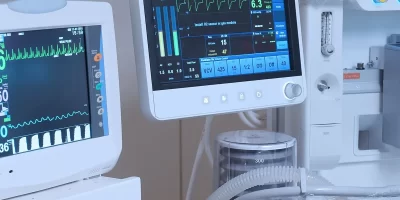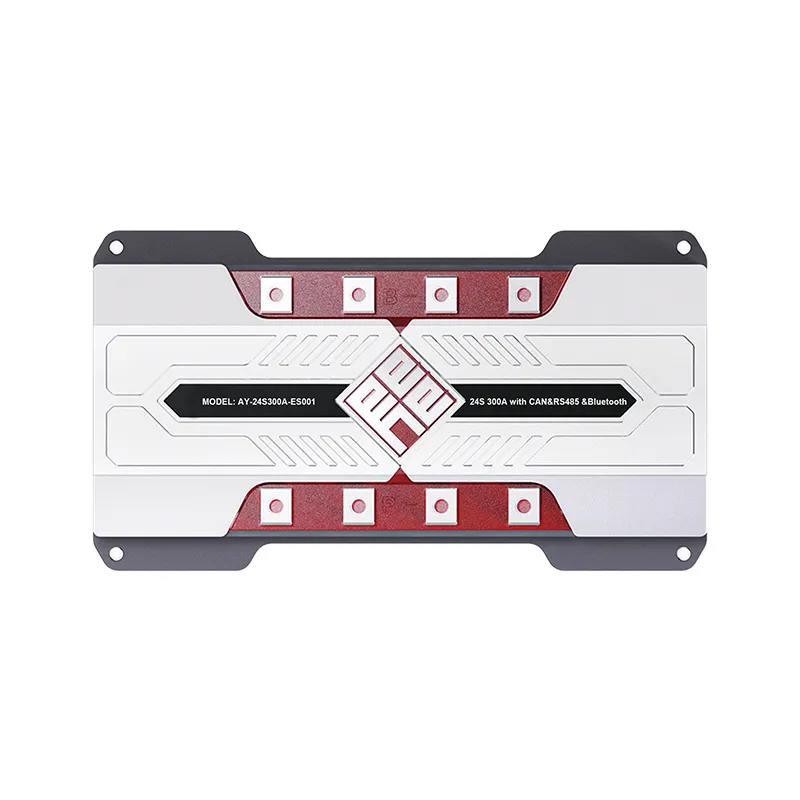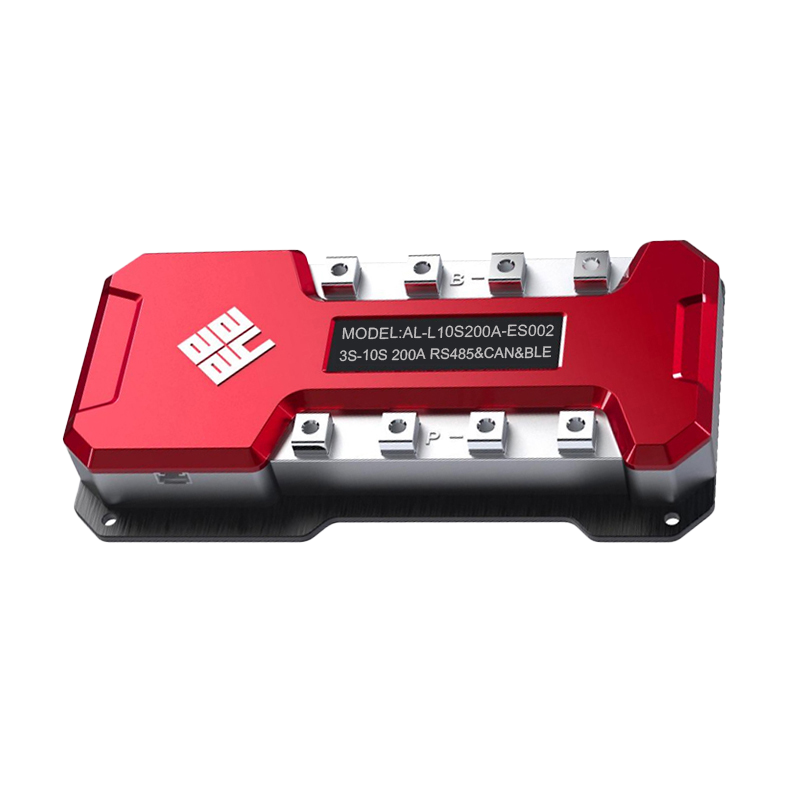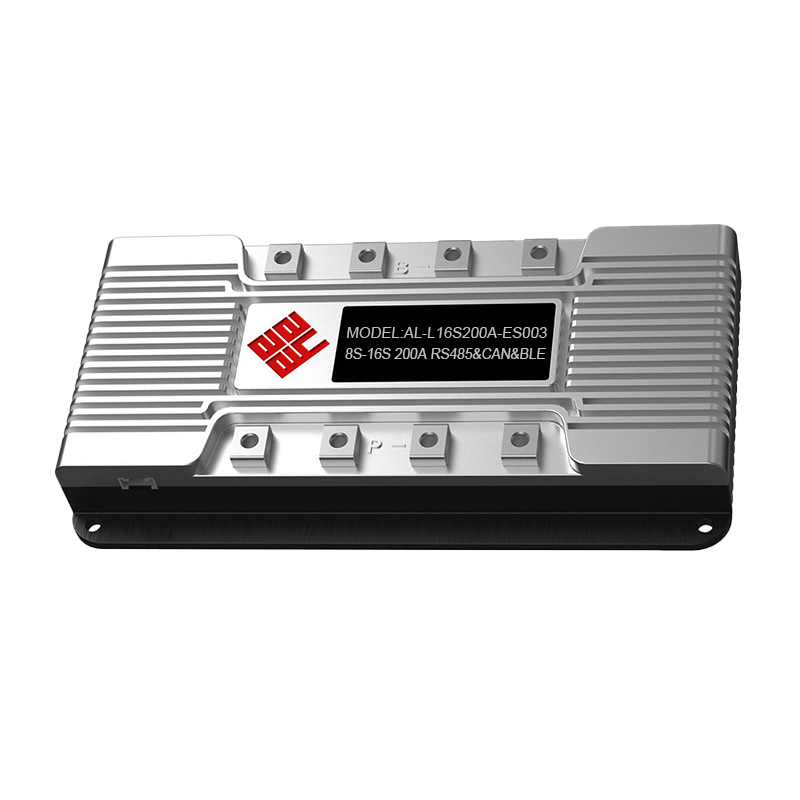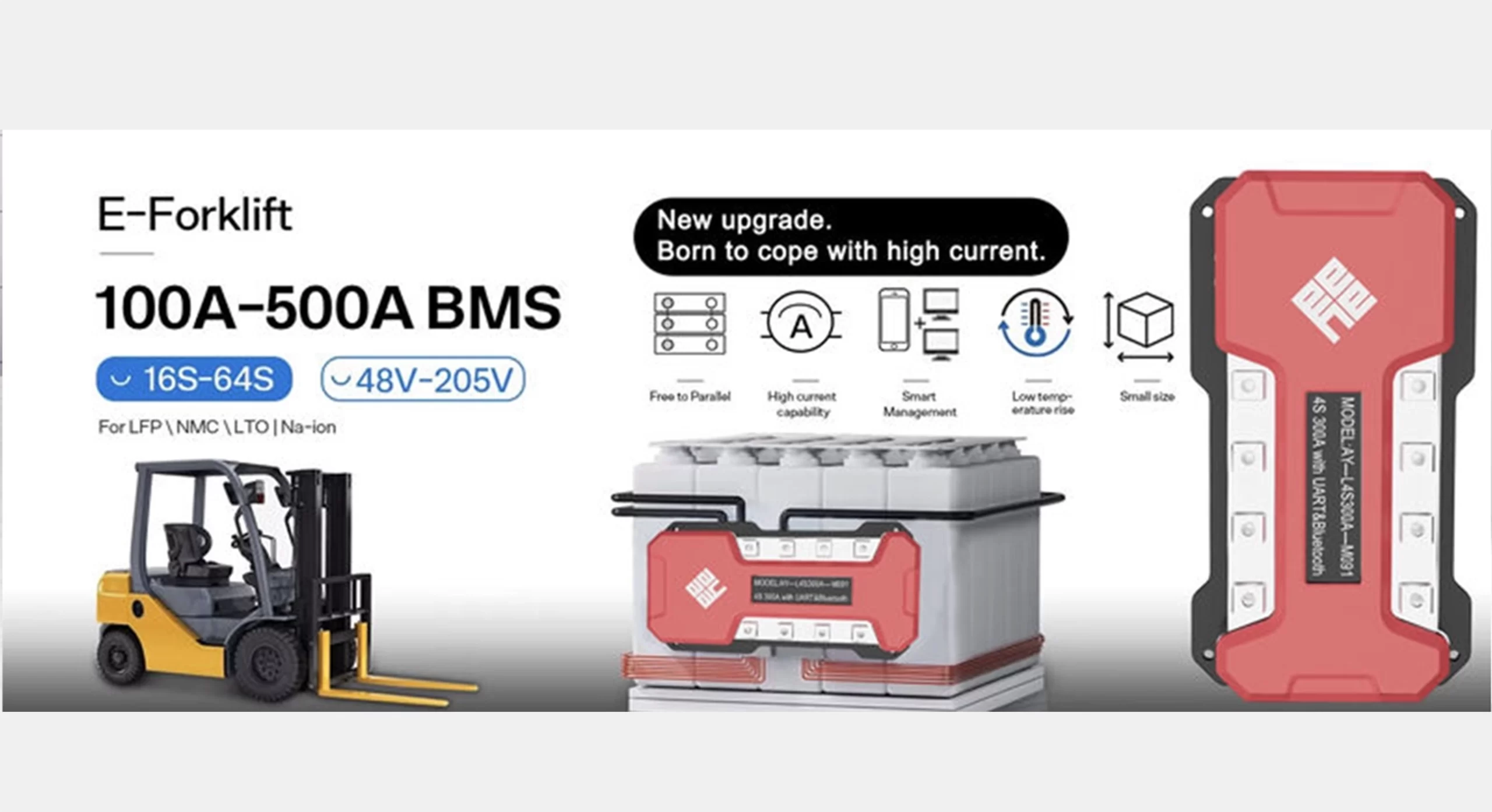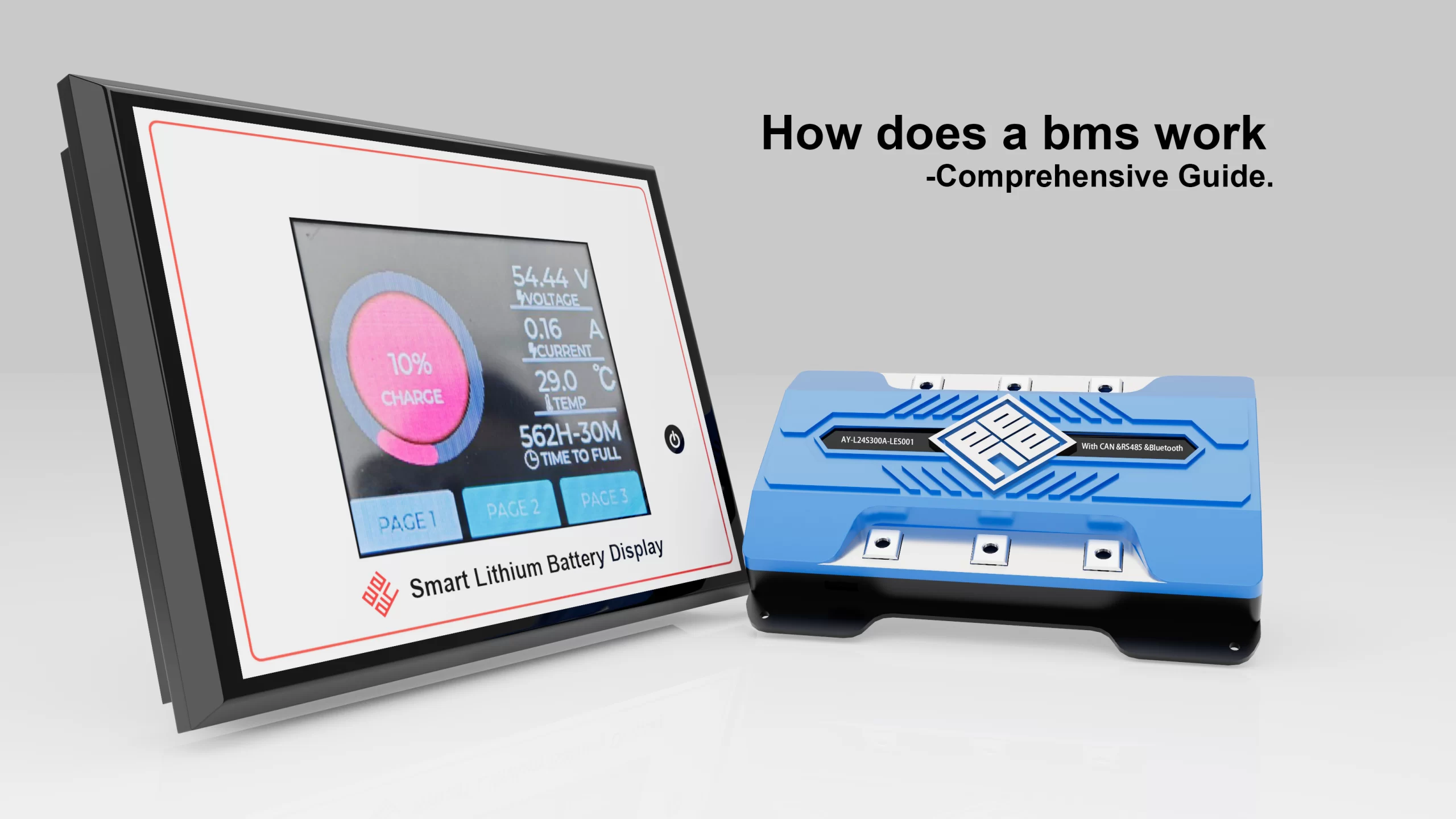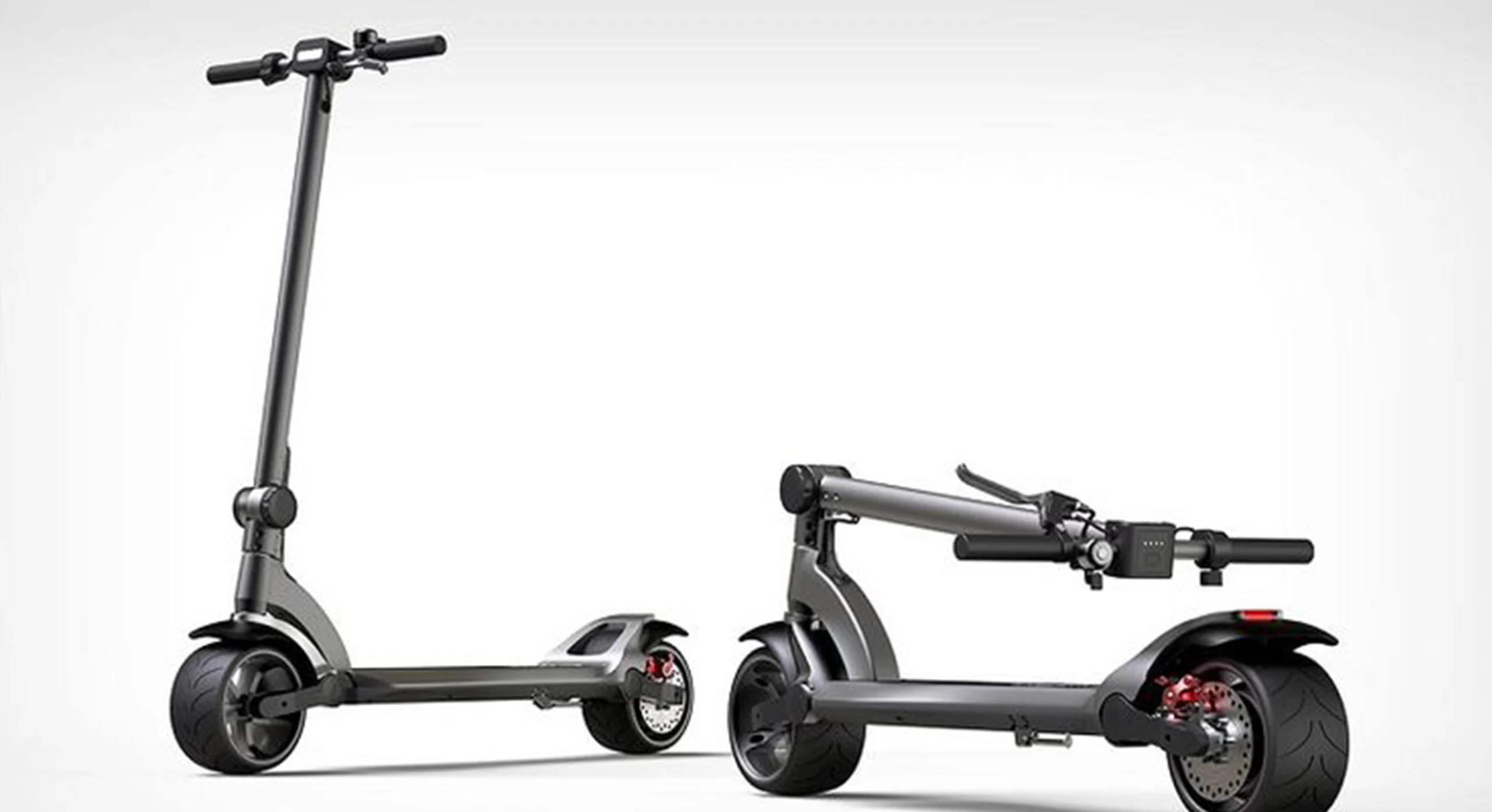Home About Us EVENTS & NEWS From Theory to Application: A Technical Overview and Definition of BMS
From Theory to Application: A Technical Overview and Definition of BMS
From Theory to Application: A Technical Overview and Definition of BMS
In the rapidly evolving world of lithium battery technologies, few components are as essential as the Battery Management System (BMS). For engineers, manufacturers and decision makers in the field of energy storage and electric vehicles. There is a need to understand the definition, structural components, range of applications and product evolution of BMS.
Below you will find a detailed overview of the complete technology from BMS definition to practical application, focusing on three advanced BMS models offered by the world’s leading provider of intelligent battery management solutions, Shenzhen Ayaa Technology Co.
Definition of BMS: What Is a Battery Management System?
The definition of BMS (Battery Management System) refers to an electronic system that manages a rechargeable battery (or battery pack).
Such as by protectings the battery from operating outside its safe limits, monitoring its state, calculating secondary data, reporting that data, controlling its environment, and balancing it.
In simpler terms, the definition of BMS involves three fundamental roles:
1.Protection: Prevent overcharging, over-discharging, overheating, or overcurrent.
2.Monitoring: Continuously track voltage, current, temperature, and SoC (State of Charge).
3.Optimization: Improve battery performance, health, and lifecycle.
A comprehensive definition of BMS includes hardware and software components that ensure the safety, efficiency, and reliability of energy storage systems in electric vehicles, solar storage, UPS, and other applications.
Product Structure of a BMS
Now that we understand the definition of BMS, let’s examine its internal structure. A modern BMS consists of:
Battery Monitoring Unit (BMU): Measures cell voltage, current, and temperature.
Battery Control Unit (BCU): Processes data and manages system-level responses.
Balancing Circuit: Ensures voltage uniformity among battery cells (passive or active).
Communication Interface: Transfers data to other systems (e.g., CAN, RS485, SMBus).
Protection Circuit: Disconnects battery in unsafe conditions.
This architecture ensures the definition of BMS is not just theoretical—it is realized through integrated design and implementation.
Working Principle of a BMS
A Battery Management System (BMS) is an essential electronic system that monitors and manages the performance of rechargeable batteries, such as lithium-ion, lithium iron phosphate, or lead-acid batteries.
The core purpose of a BMS is to ensure safe, reliable, and efficient operation of the battery pack.
The working principle of a BMS includes the following key functions:
Cell Monitoring The BMS continuously monitors the voltage, current, and temperature of individual cells and the overall battery pack to detect abnormalities or risks.
State Estimation It calculates crucial parameters like State of Charge (SOC), State of Health (SOH), and State of Power (SOP) using real-time data and estimation algorithms.
Balancing Cells To maintain uniform performance and prevent overcharging or undercharging, the BMS balances cells through passive (dissipating excess energy) or active (redistributing energy) balancing methods.
Charge/Discharge Control The BMS regulates charging and discharging currents by communicating with external devices like chargers or motor controllers to avoid exceeding safe limits.
Protection Mechanisms It provides protection against over-voltage, under-voltage, over-current, short circuits, and temperature extremes to extend battery life and prevent damage.
Modern BMS units are equipped with communication interfaces (CANBus, SMBus, UART, or Bluetooth) to transmit battery status to external systems or cloud platforms.
In summary, the BMS acts as the brain of a battery system, ensuring operational safety, efficiency, and longevity by combining real-time data monitoring, intelligent control, and advanced algorithms.
Application Scope of BMS
The definition of BMS finds practical applications in various sectors:
Electric Vehicles (EVs): Essential for safe and efficient battery usage in cars, scooters, and motorcycles.
Energy Storage Systems (ESS): Used in solar power and grid-connected systems.
Uninterruptible Power Supplies (UPS): Maintain energy supply during outages.
Medical Devices & Industrial Equipment: Require precise energy management.
Drones, Robots & IoT: Need compact and intelligent battery control.
Each use case reinforces the relevance and necessity behind the definition of BMS.
AY-L24S300A-ES001 (7S-24S): Versatile BMS for Wide Voltage Ranges
Among the flagship products of Shenzhen Ayaa Technology, the AY-L24S300A-ES001 redefines flexibility in BMS design. Key Features:
Voltage Range: Supports 7 to 24 series lithium cells.
Smart Monitoring: Real-time CAN communication for voltage, current, temperature.
Robust Build: High-quality PCB and industrial-grade components.
Applications: Ideal for EVs, large energy storage, and mobile power stations.
This model brings the definition of BMS into life with wide compatibility and intelligent control.
AY-L10S200A-ES002 (3S-10S): Compact Power with High Reliability
For smaller battery pack designs, the AY-L10S200A-ES002 provides compact, efficient, and intelligent control:
Highlights:
Voltage Support: 3S to 10S battery configurations.
Compact Design: Easy to integrate into space-constrained systems.
Dual Protocol Support: CAN + UART.
Use Cases: E-scooters, e-bikes, medical devices, light drones.
This product embodies the definition of BMS for compact applications, ensuring safety and efficiency in micro-mobility and portable electronics.
AY-L16S200A-ES003 (8S-16S): Parallel-Ready and Highly Compatible
The AY-L16S200A-ES003 stands out for applications requiring parallel battery pack management and broad protocol compatibility.
Technical Benefits:
Voltage Range: 8S to 16S.
Parallel Support: Ideal for multiple pack configurations.
Protocols: CAN, RS485, and SMBus available.
Industrial Focus: Energy storage, off-grid systems, and light EVs.
As per the definition of BMS, this model excels at real-time data reporting, thermal regulation, and adaptive balancing, especially for scalable systems.
BMS Comparison Overview
Model Voltage Range Current (A) Protocols Ideal Application
AY-L24S300A-ES001 7S – 24S 300A CAN EVs, ESS, mobile storage AY-L10S200A-ES002 3S – 10S 200A CAN, UART E-bikes, medical, drones AY-L16S200A-ES003 8S – 16S 200A CAN, RS485, SMBus Energy, Light EVs These comparisons solidify the technical application of the definition of BMS across varied industries.
FAQ
Q: What’s the simplest definition of BMS?
A: It’s a system that monitors and protects rechargeable battery packs to ensure safe and efficient operation.
Q: Is BMS required for every lithium battery?
A: Yes, according to any valid definition of BMS, it is mandatory for safety and longevity.
Q: Can one BMS work with different chemistries?
A: A good BMS like AyaaTech’s models supports multiple chemistries, including Li-ion, LFP, NMC, etc.
Q: What makes Shenzhen Ayaa Technology’s BMS different?
A: High reliability, protocol compatibility, modular design, and 20+ years of engineering experience.
Turning Definition into Innovation
The definition of BMS is more than a technical explanation—it’s the foundation of modern battery innovation.
As electric mobility, renewable energy, and smart electronics grow, a strong BMS becomes non-negotiable.
Shenzhen Ayaa Technology Co., Ltd. is at the forefront of this transformation, offering premium BMS solutions like the AY-L24S300A-ES001, AY-L10S200A-ES002, and AY-L16S200A-ES003 that turn theory into real-world performance.
Looking for a trusted partner in battery management? Start with AyaaTech—where the definition of BMS meets intelligent design.
Contact Us
SHARE
News Recommend
-
How does AYAATECH BMS work in E-scooters
01/16/2025








